Framework
The conceptual framework for the CMHI Imaginarium is adapted from the Mindful Social Innovation paradigm led by the Global MINDS Collective (Sule et al., in press), and the Theory U framework (Scharmer, 2016).
The outer circle represents four interwoven pillars of the Mindful Social Innovation (MSI) paradigm, which reflects the foundation of the CMHI Imaginarium. The four pillars of MSI are:
Being and Becoming: Harnessing individual and collective wisdom through mindfulness, social and emotional learning, and sacred practices.
Systems Leadership: Developing leadership and relational capacities and utilizing systems- thinking to act in the present and shift the future.
Disruption: Conducting rapid, iterative cycles of sense-making, ideating, and prototyping for implementation, evaluation, and sustainability.
Transformational Learning: Learning by doing and reflecting, and centering diverse knowledge, lived experiences, and cross-sectoral collaboration.


Throughout the CMHI Imaginarium, participants will engage in iterative processes, practices, and activities of these four interwoven pillars.
The inner circle represents the linear journey of participants as they move from the start to the end of the CMHI Imaginarium:
Stage I: Landscape of Listening: This stage brings participants together to develop the collective capacity to deeply listen, experience connection, and begin to establish a strong foundation for collaboration and change.
Stage II: Co-Facilitating an Impact Space: This stage welcomes participants to engage in an immersive, human-centred design process to collectively strategize the field of Canadian mental health innovation.
Stage III: Co-Evolving A New Ecosystem: This phase aims to solidify new relational and action-based capacities to creating a meaningful and sustainable ecosystem for Canadian mental health innovation.
As it is hoped that participants will be motivated to carry the learnings and experiences of the CMHI Imaginarium forward, and into their own contexts, the framework is purposefully cyclical to demonstrate the continued nature of this work.
References
Sule, R., Le Ber, M.J., Benjamin, T., Carswell, J., Rosenberg, M., Ruhara, R., Mutiso, V., & MacDougall, A. (in press). Developing solutions to complex global mental health system challenges: The Global MINDS Collective ‘Mindful Social Innovation’ approach. In Ndetei, D. (Ed.), Second edition of the African textbook of clinical psychiatry and mental health.
Scharmer, C. O. (2016). Theory U Second Edition: Leading from the future as it emerges. Berrett-Koehler Publishers.

